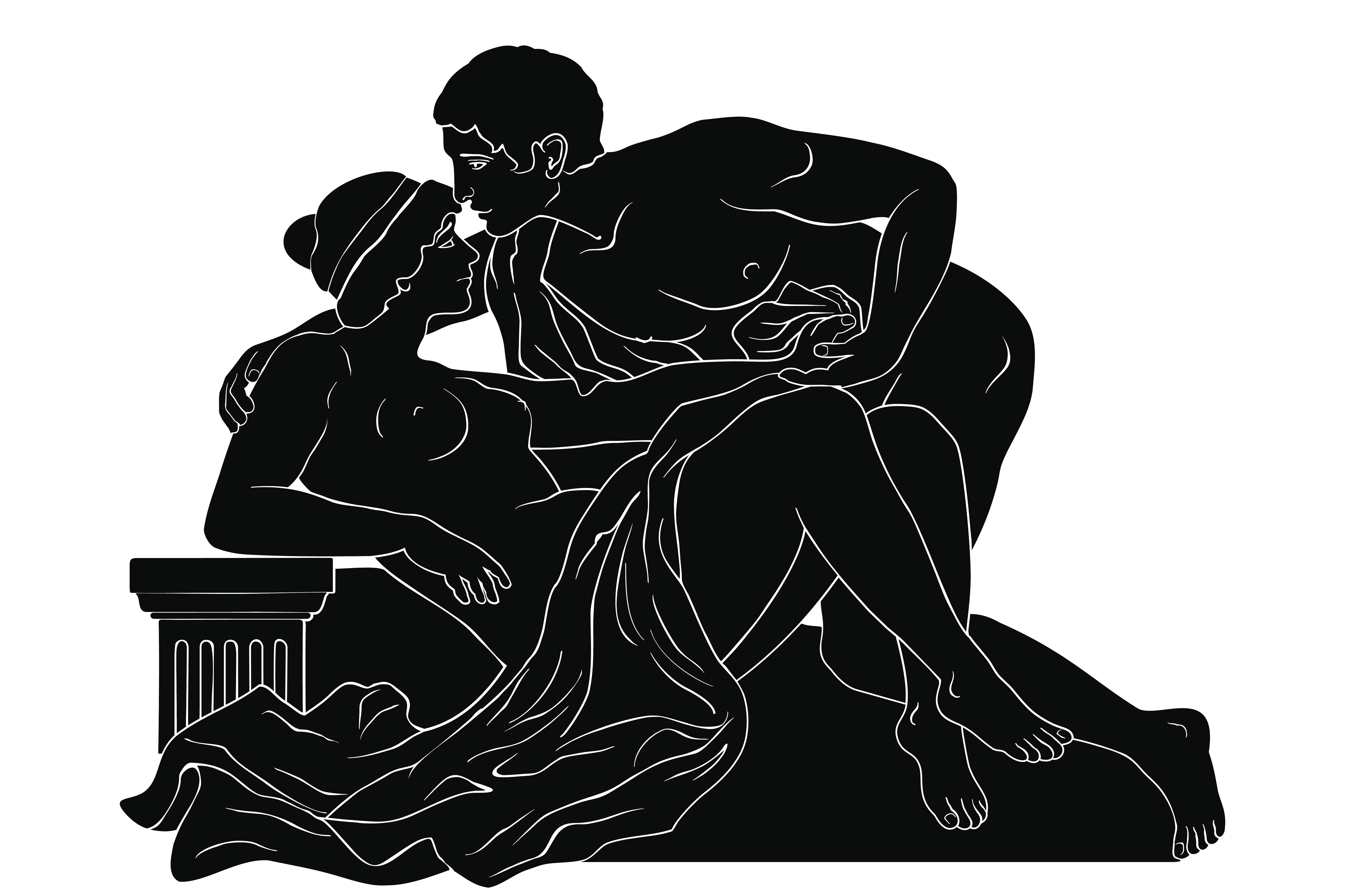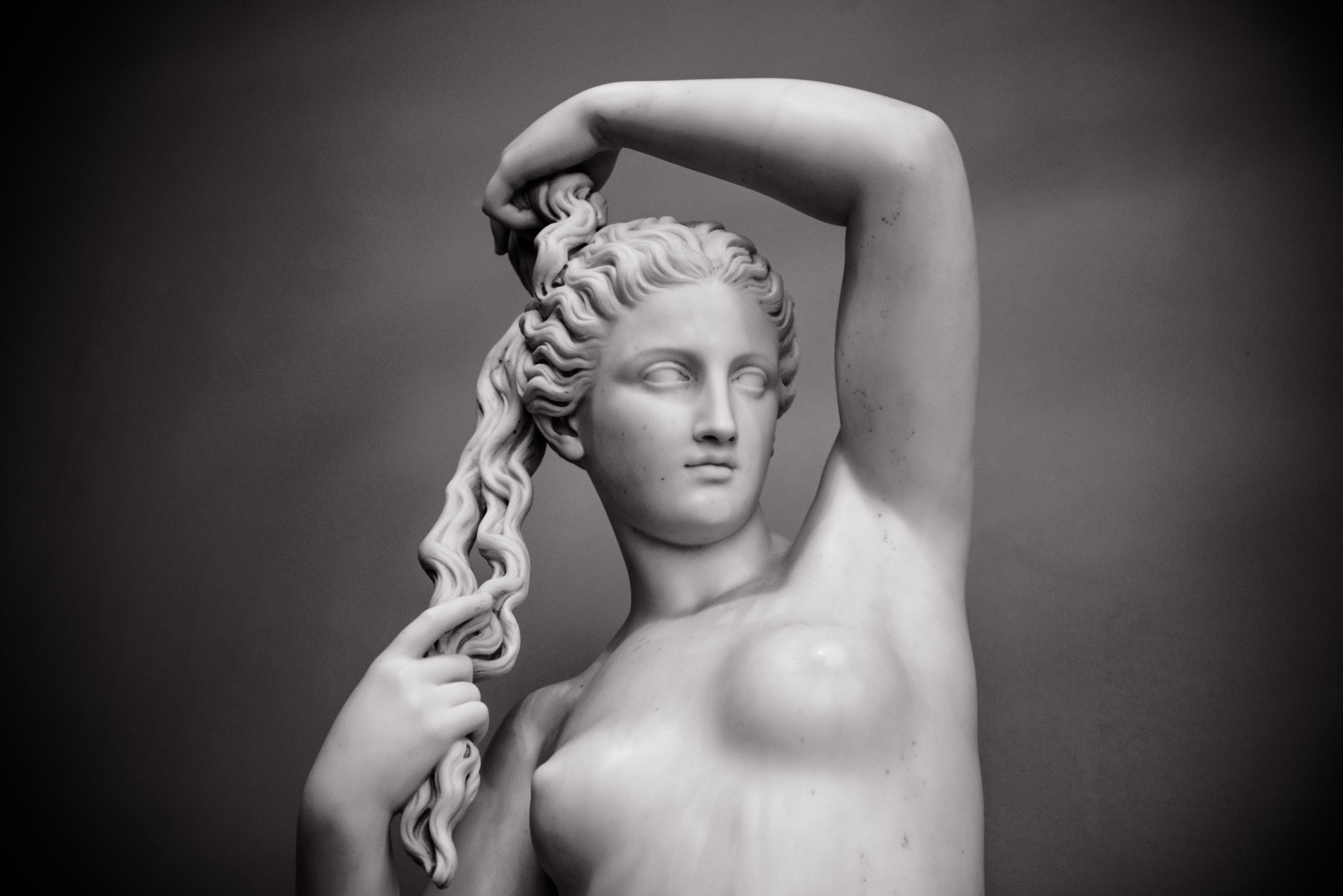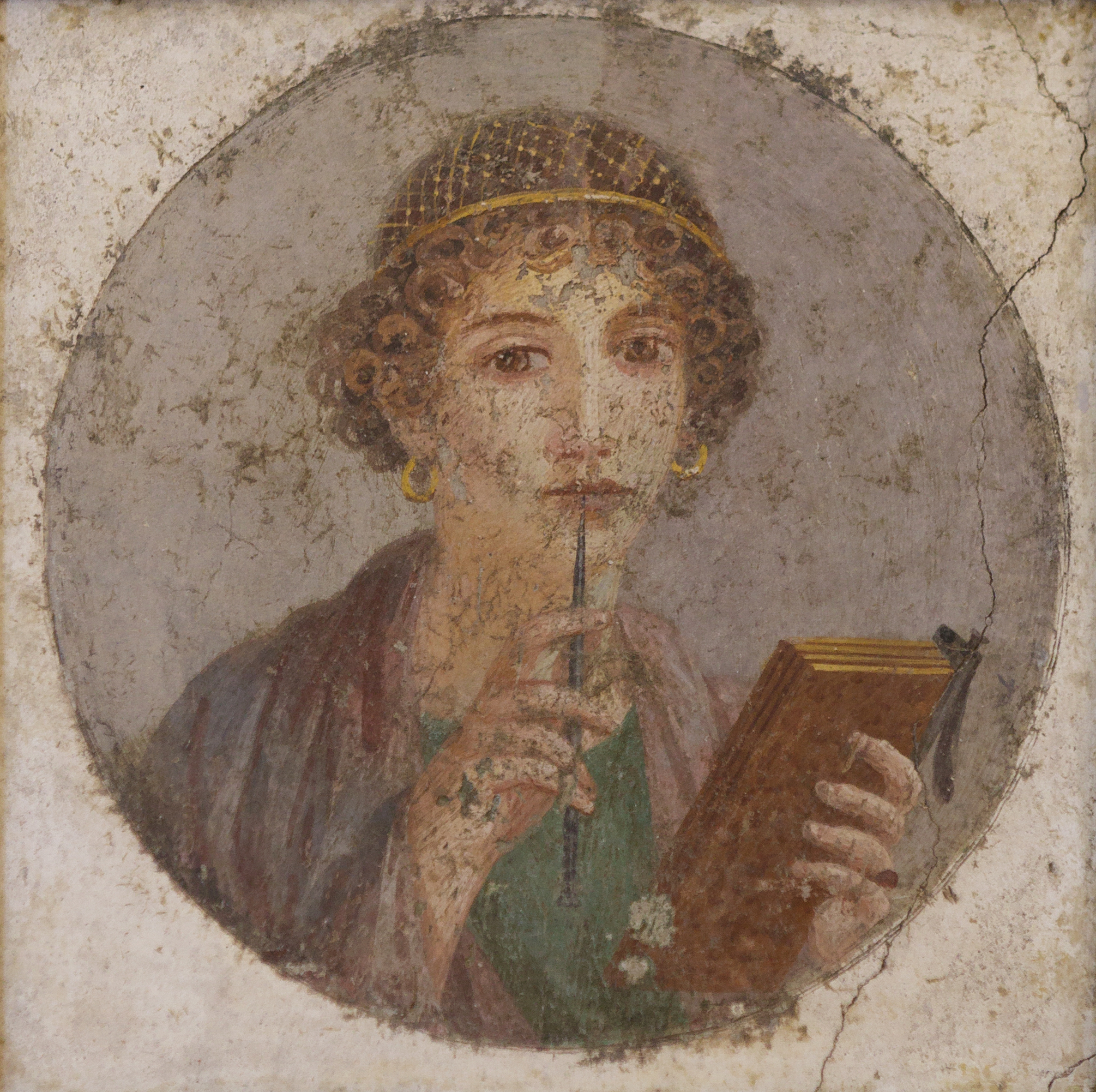One of the most remarkable elements in Greek culture, for so many people over the centuries, has been the picture of particularly 5th century BCE classical Athens, where the dynamics of sexual interaction between genders was simply radically other from what modern Western society and its deep roots in both Christianity and Judaism have come to expect. This concern, this surprise, is focused, in particular, on male desire for men. Consequently, Greece has become one of the ways in which Western society conceptualises its own relation to what we will now call homosexuality. I say “we will now call homosexuality” because that’s a word that’s only been around since the latter half of the 19th century and was only really in popular culture from the 1920s onwards.
It’s really important to remember that one of the fundamental distinctions that we learn by looking at other cultures is that the idea of having a sexuality – that is to say, a pathology, something that defines you according to your sexual object – is a very modern and quite culturally bound idea. One of the things we might learn from Greece is simply that. We could learn it from other places, too – and I’ll come back to why Greece is important – but we can learn from looking at other cultures that what we take to be natural or inevitable is profoundly cultural and therefore open to change.



